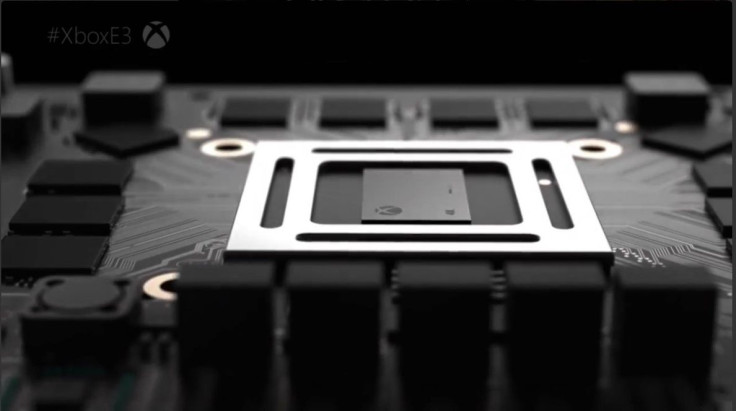Xbox One S: a slimmer Xbox One with support for 4k video and an infrared blaster.
Project Scorpio: a more powerful Xbox One with virtual reality support and 4k gaming.
Playstation Neo: upgraded specs and 4k support.
These multiple new console options aren’t necessarily the “next generation” of consoles, but more like stepping stones to that next generation. But are they necessary?
"We're trying to shift the culture and put the power of when to upgrade in the hands of gamers, as opposed to it being driven by technology or a corporate initiative," said Shannon Loftis, head of publishing at Microsoft Game Studios. "I hope that we don't frustrate gamers. We're responding to them. The feedback we've received is that they want more choices."
The specter of a world where you have to trade in consoles as often as you might upgrade your phone, just so your console can continue to be inferior in specs and versatility to a PC you can build yourself, is almost physically painful to me. People buy consoles for several valid reasons, but that reason is rarely the superior hardware. Reasons include:
the price
don’t want to be bothered with troubleshooting a PC
can’t or won’t learn how to build a PC
can’t or won’t research PC options available
prefer controllers
all their friends are on consoles
for their kids
Reasons don’t and will never include:
Better hardware than PC
So why the stepping stones? On the one hand, more frequent console upgrades means console players won’t lag so far behind PC: game versions made for Playstation Neo, for example, must meet or exceed framerate on the Playstation 4, and VR support on Project Scorpio enables gamers who can’t or won’t upgrade their PCs to participate in the next wave of gaming. That’s not a bad thing per se, but is it worth paying hundreds of dollars more on top of your existing console investment?
"Our data suggests that gamers spend about $600 a year on game-related products," said Peter Warman, CEO of interactive industry tracker Newzoo. "I'm sure Sony and Microsoft think they can sell 10 or 20 million more units — or even more than that — rather than just keep the existing hardware out there. The true enthusiasts out there will want the latest hardware."
But won’t the true enthusiasts want the latest and best hardware… which is on PC? The infusion of console upgrades into the market seems to force consoles to trot to keep up in a race they cannot possibly win. Extracting money out of players with the promise that consoles will even approach PCs (they won’t) feels like a dishonest way of making money off of people who never bought consoles for that stuff anyway.
But even if console upgrades start the same kind of near-annual cycle smartphones go through, at least one industry professional thinks games will stay the same price.
"I don't see it making games more expensive," said Strauss Zelnick, CEO of Take-Two Interactive. "I think new hardware developments that give us more powerful platforms to work on but are still compatible with the current generation is great news. We're still pushing the envelope on current-gen consoles, so it's not like we're screaming for more power."
What do you think? As a console player, do you welcome more upgrade options? Will you be purchasing an upgrade for your console when it comes out? Let us know in the comments section below.


















